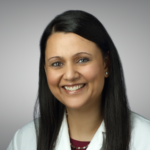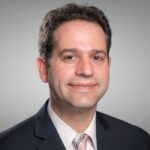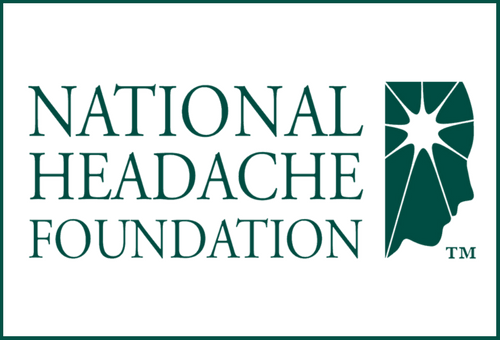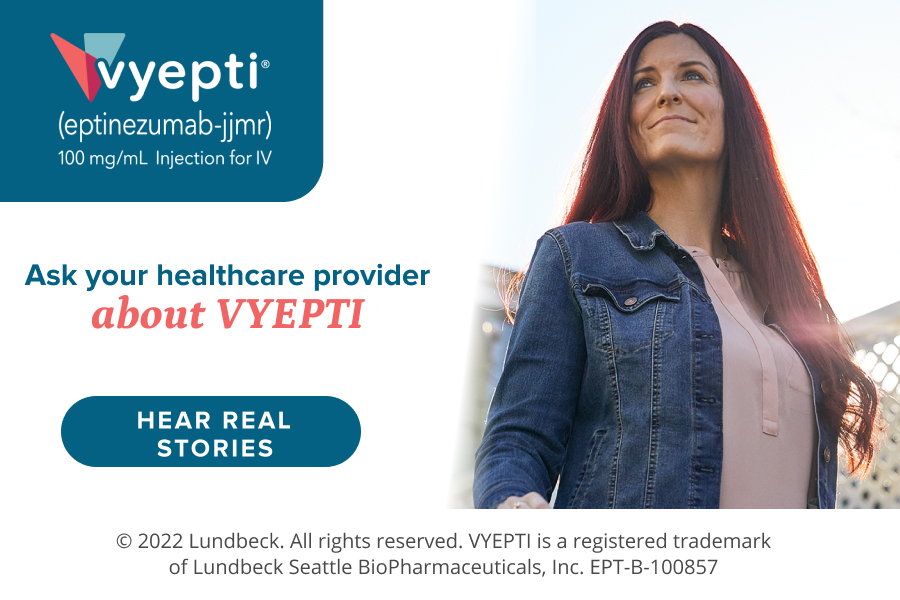Learning the Full Impact of Migraine Through Patient Voices
You are currently watching a preview of this interview. Unlock the full version by upgrading to an Access Pass bundle! Get FREE access to 8 expert interviews from Day 1 and Day 2 when you register today!
Key Questions
- How was the study of the impact of migraine on patients’ lives initiated?
- Why is it important to understand more about the impact of migraine?
- What is being done to pursue a diversity of participants in migraine-related research?
- What effects does migraine have on emotional health?
- How does migraine affect cognitive functions like concentration and communication?
- What professional, educational, financial, family, and social impacts of migraine are reported by those living with migraine?
- How does stigma — both internalized and externalized — affect people with migraine?
- How can migraine impact individuals even between attacks?
- What research needs does a review of patient concerns in migraine reveal?
- How should discussions of the overall life impact of migraine be a part of discussions with health care providers treating it?
Interview Notes
Find out more about Rebecca Erwin Wells, MD, MPH, FAHS and her work here:
- Learning the Full Impact of Migraine Through Patient Voices: A Qualitative Study
- American Headache Society’s Diversity, Equity and Inclusion Taskforce
- Twitter: @RebeccaWellsMD
No Treatments Mentioned
Please note: The Migraine World Summit’s aim is to bring you a variety of perspectives and expertise, independent of bias or judgment. Alternative theories presented in this video have not been medically reviewed. Views expressed in this interview do not necessarily represent the views of the Migraine World Summit. Please always consult your health care professional and do your own research before making changes to your treatment plan.

Rebecca Erwin Wells, MD, MPH, FAHS, FAAN
Professor
Wake Forest University School of Medicine
Dr. Rebecca Erwin Wells is a professor of neurology and social sciences and health policy, with tenure at Wake Forest University School of Medicine and Atrium Health Wake Forest Baptist in Winston-Salem, NC. In 2012, she founded their Comprehensive Headache Program, which she has continued to direct. She graduated with highest honors on a full academic scholarship from UNC-Chapel Hill, received her MD from East Carolina-Brody School of Medicine, completed a neurology residency at University of Virginia, and obtained her Master of Public Health (MPH) from Harvard University. She also completed fellowships in integrative medicine and headache medicine from Harvard.
Dr. Wells currently serves as immediate past president of the Southern Headache Society. She is on the board of directors of the American Headache Society (AHS), and is a fellow of the AHS and the American Academy of Neurology (AAN). She received the AHS’s Above and Beyond Award for her service as co-chair of the AHS Diversity, Equity, and Inclusion (DEI) Task Force. She received the AHS Early Career Lecture Award for her research on the patient voice in migraine and the AAN’s Harold Wolff-John Graham Award for recognition of her outstanding achievements in headache/facial pain research. Her National Institutes of Health (NIH)-funded research investigates the mechanisms and efficacy of mind/body treatments for headache, which often receives media attention, including interviews with Time magazine, NPR, BBC News, The Boston Globe, and Prevention magazine.
She also conducts research evaluating the genetics of cluster headache, and presents to national and international audiences as an expert in headache, mind/body, and integrative medicine. She has received funding from the NIH, the National Headache Foundation, and the American Pain Society for her research. As a trained mindfulness meditation instructor, she led mindfulness sessions virtually with worldwide participants during the pandemic.

Pre-purchase full access to the entire 2026 Summit, including:
- Every 2026 expert interview, fully unlocked
- Built for real life with migraine
- A trusted reference you can come back to for years
- And more!
Related Talks for: Day 1 (2022)
Expert Tips to Manage Persistent Migraine Pain
Jessica Ailani, MD, FAHS, FAAN
Migraine Long Haulers: Lasting Effects
Matthew Robbins, MD
The Latest New Treatments for Migraine
Deborah Friedman, MD, MPH, FAAN, FAHS
Over the past 50 years, our mission at the National Headache Foundation has been to further awareness of headache and migraine as legitimate neurobiological diseases. Much has changed during this time. With aid from advanced technology and clinical innovation, there are more treatment options than ever before. However, we understand that these diseases are still largely misunderstood and that finding the right treatment options for you requires insight.
VYEPTI is a treatment for the challenges you—or someone you know—may face with this condition. Talk to your healthcare provider to see if VYEPTI is right for you.
Listen in as world-leading migraine and headache experts share their gratitude for the 80+ patient advocates who help produce the Summit each year.







